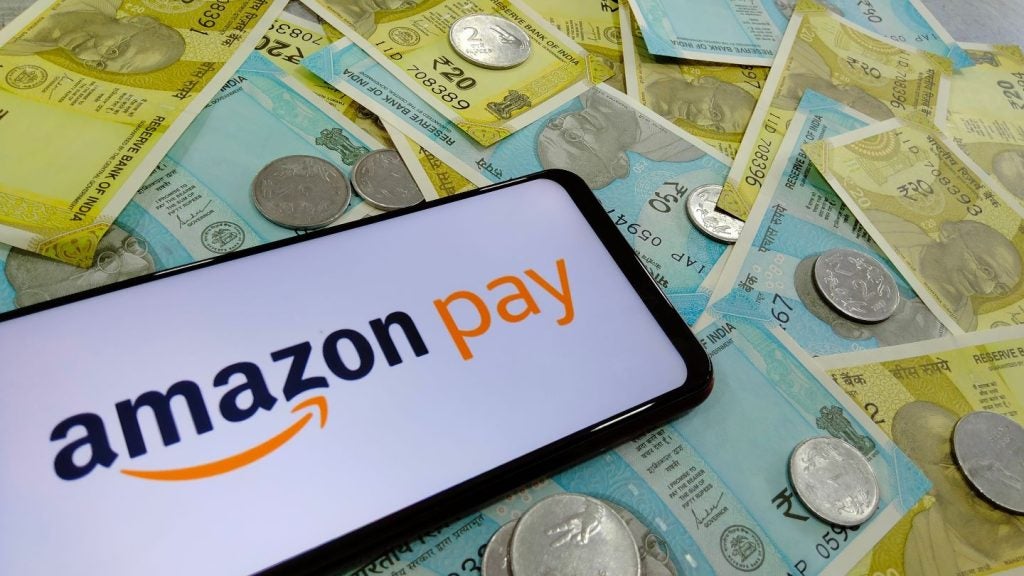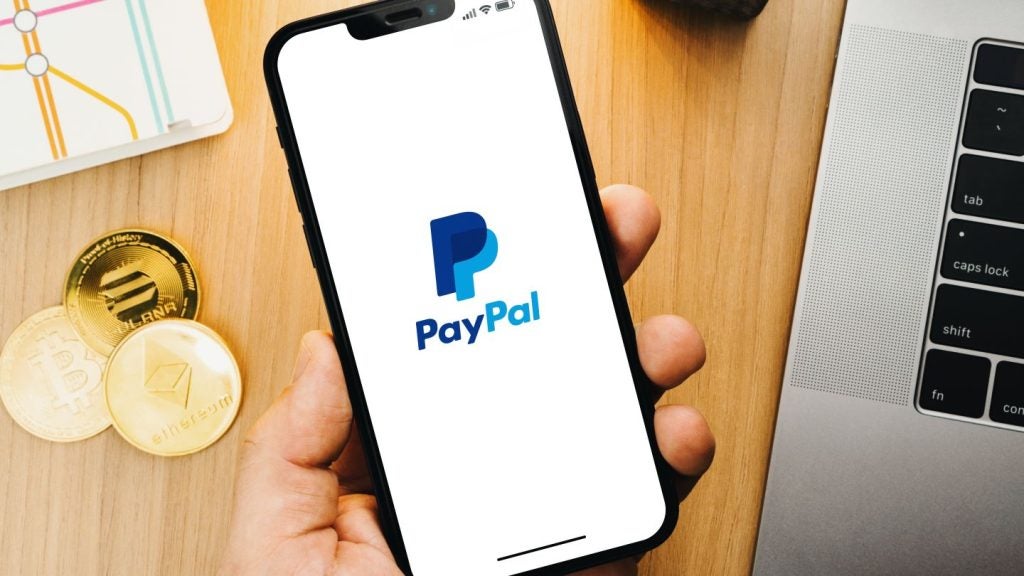During March, Monitise surprised many in the banking industry by announcing a change of strategy that will see the company completely overhaul its revenue model and again revise its revenue targets. Ellie Chambers investigates what the change will mean for the company and for the industry as a whole
In a sudden and dramatic overhaul of strategy, Monitise is moving to a subscription-based business model. The UK-based mobile banking software company is hoping to rollout the shift faster by selling a 9.5% stake in the company in ordinary shares.
Jon Murphy, executive director at EA consulting group, a client of Monitise, says the changes in strategy signal the company’s big aspirations. He says: "What Monitise is doing is trying to become the new Paypal.
"It can provide the new payment infrastructure to enable money transmission and payments to happen much more effectively and efficiently.
"I think what Monitise is doing is positioning itself in the market and it is already working with hundreds of banks in many instances to do that."

US Tariffs are shifting - will you react or anticipate?
Don’t let policy changes catch you off guard. Stay proactive with real-time data and expert analysis.
By GlobalDataA natural progression
Leading figures within the company have described the move as a unique opportunity or an evolution that comes at exactly the right time.
Monitise chief executive Alastair Lukies says: "We have established a foothold at the centre of this digital payments revolution for the world’s banks and payment networks and now intend to fully leverage our technology platforms, expertise and global network of partnerships to lead the way in what we believe will be the biggest shift in financial services and shopping in a generation.
"At a pivotal time in the Monitise journey, the Group is now embarking on a new chapter in Mobile Money innovation as it accelerates its move to a subscriptionbased business model.
"By adopting this approach, the Group is looking to ensure that its secure platform technology is accessible to the widest possible number of people. Monitise is executing on a unique opportunity to capitalise on the strong foundations the Group has developed and creating the ecosystem for a new era of commerce."
Monitise chairman Peter Ayliffe comments: "Monitise’s success in mobile banking, payments and commerce is all about creating the right products and business model to enable our partners to participate in a timely and cost-efficient manner in exchange for a longer-term annuity based revenue share.
"This model has been the most effective for al l exist ing payment providers and now is absolutely the right time for Monitise to evolve, enabling it to capture the transformational market opportunity that exists.
From today, Monitise is deploying a revenue model that will enable us to accelerate our growth story in the medium term and this wi l l unlock enormous benefits to us and importantly all our stakeholders."
Murphy agrees that it is the right time for Monitise to change its business model. "Monitise is moving away from up front payments and investment from its clients to pay on the click, which is more subscription based.
"To me that is a terrific move – it seems to be much more aligned with the way services are being contracted these days. "I think in terms of establ ishing relationships it will enable Monitise to have much more longevit y and positive relationships with its clients going forward than it did with a more traditional model."
Downgraded targets
For all Lukie and Ayliffe’s talk of opportunities and a natural process of evolution, the fact remains that this change in policy comes along with an announcement that Monitise will not turn a profit until later than expected.
The firm now expects to break even in 2016, a year later than previous estimates. This is not the first time that Monitise has had to revise its revenue forecasts – the company, which makes software for the banking industry, had originally said it expected to break even in 2013.
This deadline has passed and Monitise is now admitting losses in the second half of 2014 are likely to exceed those in the
first half, due to a reduction in expected revenue growth and acceleration in operating expenses.
However, from Murphy’s point of view, the company is in a good position and the strategic overhaul will see it become more cost effective in the medium term.
"Moving to a subscription based model and paying on the click will actually reduce its cost model and make it much more efficient. I think it’s probably a win all round for Monitise and its customers – the big banks.
"I know that the industry as a whole has been moving into a much more softwareas- a-service model for the last four, five, six years – probably longer to be honest.
"So moving to that model is a logical transition from where they are to where they need to be.
"They are probably better placed to hit their target to break even than most – whether that’s next year or the year after remains to be seen."
An air of change
Although it is hard to read Monitise’s revision of its revenue targets as good news, the company’s supporters argue it is only repositioning itself to be better placed to take advantage of the longawaited take off of mobile payments.
Murphy says: "Looking at the tradit ional players – l ike Visa and MasterCard and the way that they have invested heavily in Monitise – I think the traditional way of doing business through credit card or debit cards will change considerably over the next two to three years.
"I could see volume of mobile payments equalling credit and debit card payments by the back end of next year or 2015. At face value that seems a big ask but I can see it happening.
"Monitise has a good team running this and I wish them all the best. It’s about time we had a British-led company doing this sort of thing rather than relying on players like Google and Paypal."







